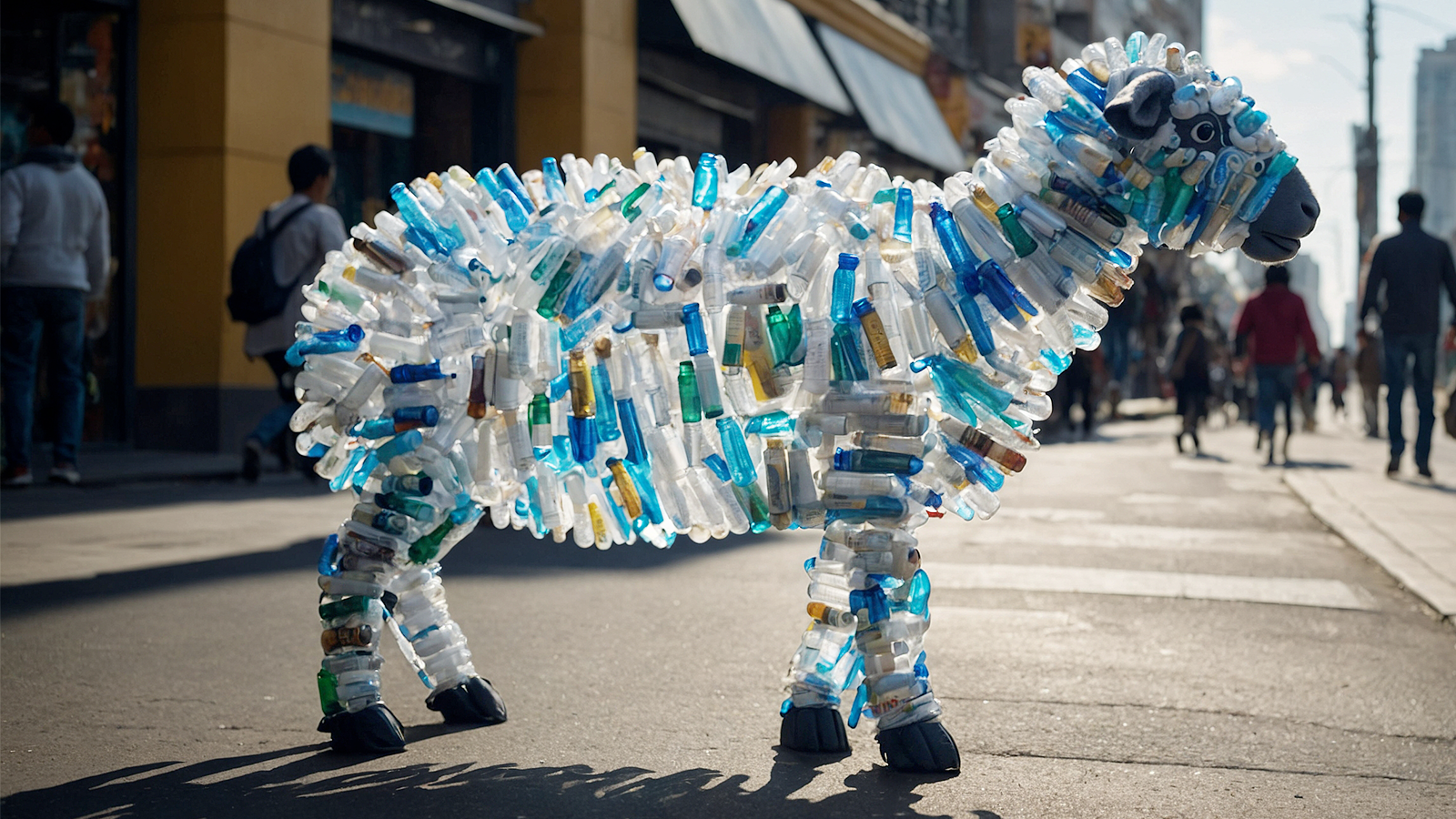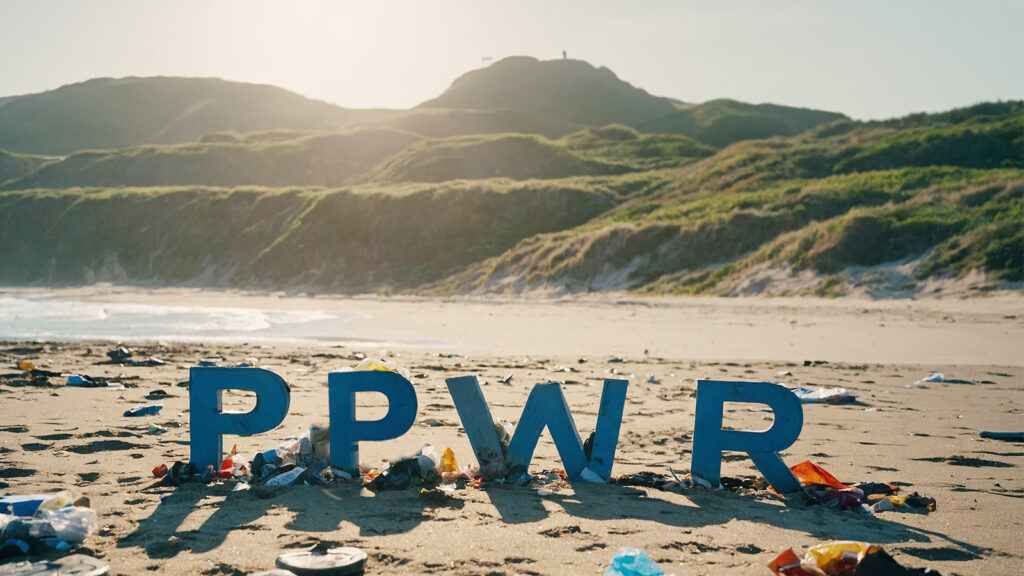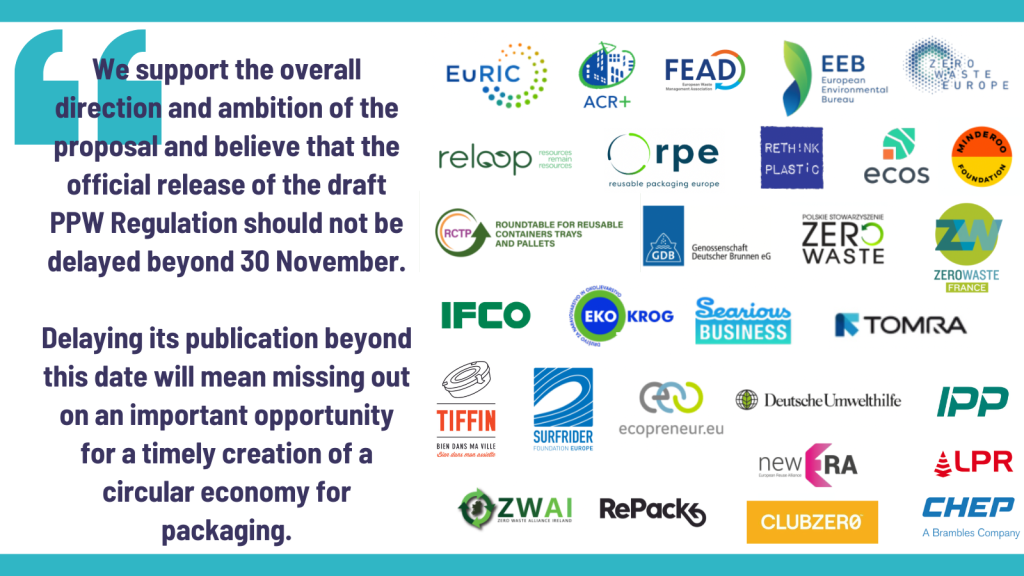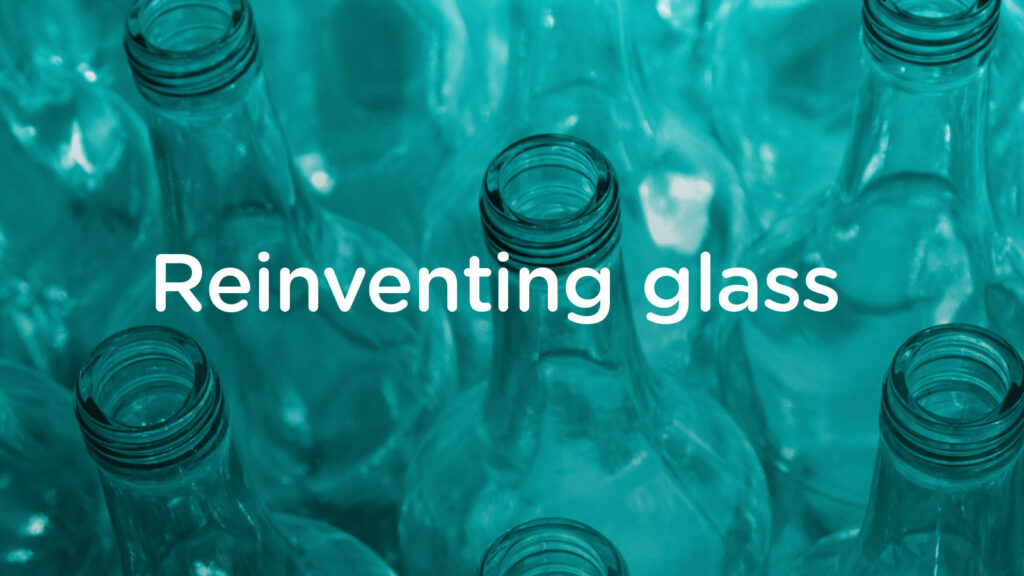A ground-breaking moment unfolded in early March 2024, within the EU legislative negotiation chambers, marking a significant leap forward in tackling packaging waste across Europe.
Following intense deliberations between the European Commission, Council of the EU and the European Parliament, on 4 March 2024 a pivotal agreement to approve the proposed Packaging and Packaging Waste Regulation (PPWR) was made.
On 15 March 2024, the Ambassadors of the Council unanimously voted in favour of the agreement, bringing forward an ambitious regulatory framework with far-reaching implications for Member States and economic operators.
The PPWR is widely welcomed by Member States, businesses and environmental advocacy groups, despite some of the compromises that were necessary during the negotiation process.
High Ambition Leadership
The Regulation introduces crucial measures such as a 90% collection for recycling target for plastic beverage bottles and cans by 2029, using mandatory deposit Return systems (DRS), unless a Member State has achieved an 80% separate collection rate by 2026. With 15 out of 27 EU countries now operating deposit systems, this will catalyse countries that have been slower to adopt them. Since the beginning of 2023, we´ve seen deposit systems launched in Slovakia, Latvia, Romania, Hungary and Ireland.
Furthermore, the Regulation’s focus on quotas for recycled plastic content is anticipated to drive demand for recycled materials and foster a robust certification framework, attracting fresh investments into recycling infrastructure.
Prohibitions of harmful substances like PFAS (Per- and Polyfluoroalkyl Substances), restrictions on non-recyclable packaging, and overall waste prevention targets send a strong signal to packaging designers around the world, particularly those working with brand owners who sell in Europe.

The Sacrificial Lamb
Reusable packaging targets diluted by exemptions which were lobbied for by the quick serve restaurant sector.
Notably, the proverbial “sacrificial lamb” were the reusable packaging targets. These were diluted, by way of exemptions, reflecting the influence of private interests within the single-use packaging chain and extensive lobbying efforts by the quick serve restaurant sector.
The basis for the agreed 5-year reuse target exemption is that within a Member State, the recycling rate for the material type is expected to reach at least 5% higher than the recycling target for that year. Exemptions will be considered three years prior to the target dates.
Exemptions for aluminium
For aluminium the exemption threshold will be 60% and 65% by 2025 and 2030 respectively. This will be easy to meet since recycling rates count metal extracted from incinerator bottom ash and most aluminium can recycling rates are higher than 70% across EU.
Exemptions for glass bottles
For glass bottles, the requirement will be 75% and 80% by 2025 and 2030, both highly achievable exemptions for single use glass packaging – material that is far better reused than recycled since the bulk of the energy used to make glass bottles is the melting stage, be it for raw virgin material or recycled glass cullet.
Exemptions for plastic packaging
For plastic packaging (like beverage bottles) a 55% and 60% exemption threshold is very difficult to attain since the recycling target is for all plastic packaging and does not differentiate formats, like beverage packaging.
It should also be noted, however, that the exemption is contingent on fulfilment by member states of the waste prevention targets of 3% by 2028 compared to 2018 baseline, as well as corporate waste prevention plans.
Fragmented approach
Perhaps more important is the fact that member states will grant exemptions, which means Europe´s single market may continue to be fragmented when it comes to re-use.
With the re-use targets targets compromised, there is a diminished likelihood of progress on the introduction of reusable packaging. This could lead to a shift towards a more bottom-up approach led by cities, since Member States will have limited ability to influence producers.
When the PPWR was first put forward by the European Commission in November 2022, the prospect of re-use targets created an enormous backlash from big business interests. The battle to save the targets (lead by ENGOs, reuse businesses and cities) was met with a powerful anti-re-use lobby.
In the end, the compromise was significant. Negotiators were operating under a very tight timeline, risking the entire PPWR if negotiations had to resume after the European elections.
So we celebrate the PPWR, will closely monitor its implementation, and will continue to explore the potential for meaningful targets on reusable packaging.

Despite compromises, PPWR represents a significant step forward in Europe’s commitment to a circular economy and environmental stewardship.
Related PPWR

The European Union Packaging and Packaging Waste Regulation (PPWR) is an agreement aimed at reducing pollution from packaging materials.

Reloop built a coalition in EU which supports the overall direction and ambition of the Commission’s Packaging and Packaging Waste Regulation proposal.

Our policy recommendations for the PPWR highlight the urgent need to address the environmental impact of single-use glass packaging.